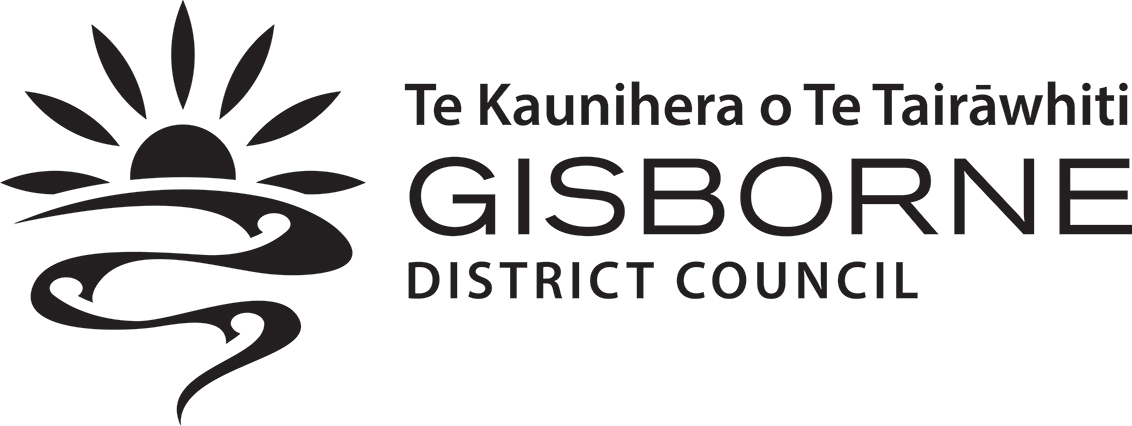All formal meetings are open to the public. Some meetings are public excluded.
Council has to provide a good reason if they wish to exclude the public from a meeting - this also includes the media. Reasons for ‘public excluded’ meeting include:
- Disclosing trade secrets.
- Prejudicing the maintenance of the law (including the right to a fair trial).
- Protecting the privacy of any person.
- Commercial confidentiality or legal privilege.
Public excluded agenda and minutes are not available to the public. Resolutions to exclude the public are made under Section 48 Local Government Official Information and Meetings Act 1987
Appendix A of Model Standing Orders (NZS9202:2003) lists all grounds to exclude the public in terms of the Local Government Official Information and Meetings Act 1987.
Speak at a meeting to councillors
You can attend any council or committee meeting. You're welcome to listen, but you cannot interrupt or make comment.
If you wish to speak at a meeting, you can either speak personally, on behalf of a lobby group, delegation, submission or petition.
You need to let us know 3 working days before that meeting. Contact us if you would like to speak at a meeting.
Council and committee meetings are held at Council's administration centre
- Awarua, Te Ruma Kaunihera (Council Chambers)
- 15 Fitzherbert Street, Gisborne.
It's important that you arrive at the meeting at least 10 minutes before your allocated time.
If we're ahead of schedule you may be asked to speak earlier than your allocated time.
Check meeting dates and times or contact the committee secretary.
You'll be there together with the Mayor, councillors and staff.
Other members of the public and the media may also be at the meeting.
Let us know if you need any special equipment set up or if you have any special needs.
If you would like to present your submission in Maori, please contact the meeting chairperson at least 2 working days before the meeting. We may need to arrange an interpreter.
You can bring written material. Please make sure you bring enough copies.
Committee meetings require 10 copies and Council meetings require 20 copies.
When you arrive, sit in the chairs provided.
If you've brought written material please give it to the committee secretary to hand out.
When it is your turn to speak the chairperson will introduce you to the councillors and invite you up to the table.
Any equipment you have prearranged to use will be available for you.
When you have finished speaking councillors may ask you a few questions. The questions will be for clarification, no debate will take place.
Following your public comment, you may take a seat back in the public area to hear proceedings.
If the matter you've spoken about is not on the agenda then no resolution can be made on your presentation, but staff may be asked to prepare a report for consideration at a subsequent meeting.
Please note all our council and committee meetings are live-streamed.
Projection facilities are available if you want to make a presentation.
The presentation must be emailed to the democracy manager by 3pm the day before the meeting.
Only the manager, or authorised assistant will have access to the file prior to the presentation. All presentations are held in the strictest of confidence.
Council's Standing Orders explain how Council receives a petition, and some of the requirements and restrictions that apply when a petition is presented to Council.
Public comment sessions are not a forum to request information.
The public may not make a disturbance during the meeting. The chairperson has the right to have disruptive people removed.
These are public meetings you may attend and observe proceedings on any day the Council or Committees meet.
Contact us if you need any further information about participating in meetings and meeting procedures.
